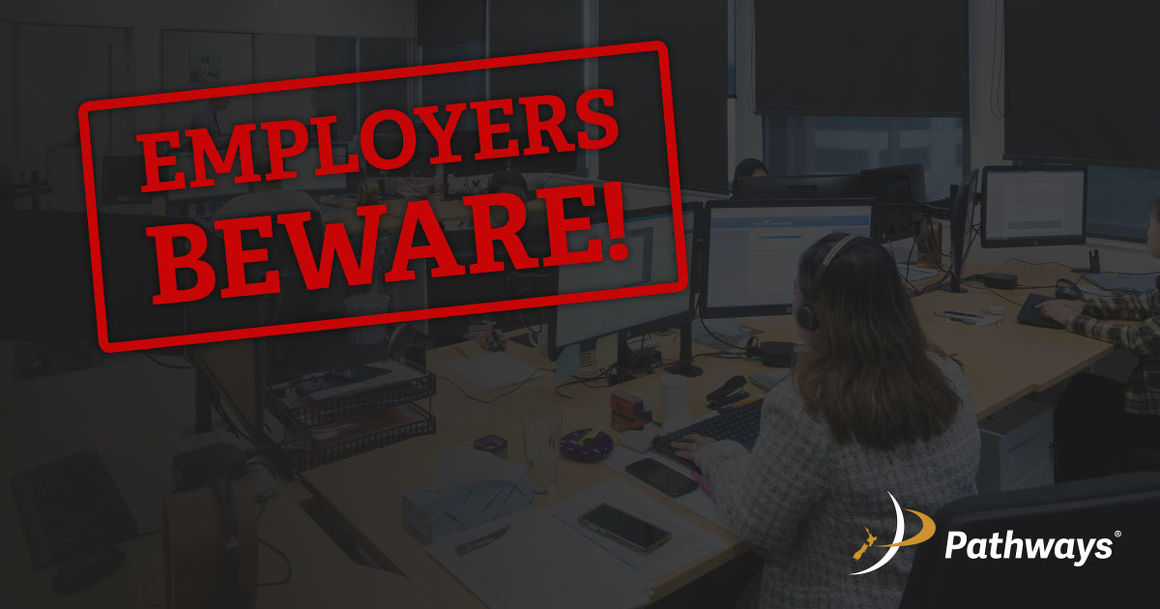Ready to begin your immigration journey?
Let’s get started by planning the first steps together now.Meet Our Team

Due to concerns over unsustainable immigration levels, the high proportion of lower skilled workers coming to New Zealand under the Accredited Employer Work Visa (AEWV), and ongoing migrant exploitation, the Government has recently introduced a number of policy changes.
Changes, to limit the number of low skilled workers, include a minimum English standard, an initial visa term reduced to 2 years, and the need to involve Work & Income in the job-search process. Employers will also need to explain why any New Zealand job applicants are not able to be “job-trained” to work in the role. These changes only apply to Skill level 4 and 5 roles which mainly comprise manual, clerical, service and administrative workers (with some limited exceptions).
Employers need to be mindful that while it is still possible to obtain an AEWV for a lower skilled role this may prove a time-consuming and challenging process, with Immigration NZ likely to increasingly focus on why NZers cannot be readily trained for such roles. Expect Job Check and AEWV processing times to be extended as a result of these changes.
Employers must now take reasonable steps to ensure any AEWV worker meets the required qualification and skill requirements for their employment. They must also notify Immigration NZ (INZ) within 10 working days of any AEWV holder leaving their employment, and also inform INZ of any changes in the key people making any hiring decisions.
New penalties, including instant fines and accreditation suspension/cancellation, have now been introduced for employers for breaches of employer accreditation regulations meaning all accredited employers need to be particularly mindful of all of their accreditation obligations.
Most of the 34,000+ INZ accredited employers will need to apply for the renewal of their accreditation during the next year. Interestingly a significant number of employers have not, as yet, employed any AEWV workers. Given the additional obligations and penalties, and current economic conditions, it would not be surprising if a number of employers decided not to renew their accreditation at this time. If an employer does not renew their accreditation their AEWV holders can continue to work for them. However, they will need to become accredited again if/when their worker needs to extend their AEWV, or apply for residence or when employing any new AEWV worker.
With any accreditation renewal application INZ is expected to now check the business’s financial standing, and whether they have met their original accreditation obligations - including the completion of the Employment NZ employer and employee modules, and the timely provision of settlement information to each AEWV worker. For those employers who have not met these obligations it is hoped INZ will take an “educative” approach, and use this opportunity to more clearly and pro-actively set out what is actually required of all accredited employers – something which was previously lacking.
Accredited employers looking to renew their accreditation can benefit from professional input from a Pathways® Licensed Immigration Adviser to check their accreditation performance to date, and how to address any potential issues, in order to best prepare for their renewal application.
As the new Government continues to review the immigration settings, more changes are expected. For advice on any changes, and how these may impact your business, please do not hesitate to contact Pathways® for any clarification.
Meet Our Team
We use cookies on our website to provide you with the best experience. If you would like to know more about our privacy policy, take a look at our Privacy Notice
 2 May 2024
2 May 2024